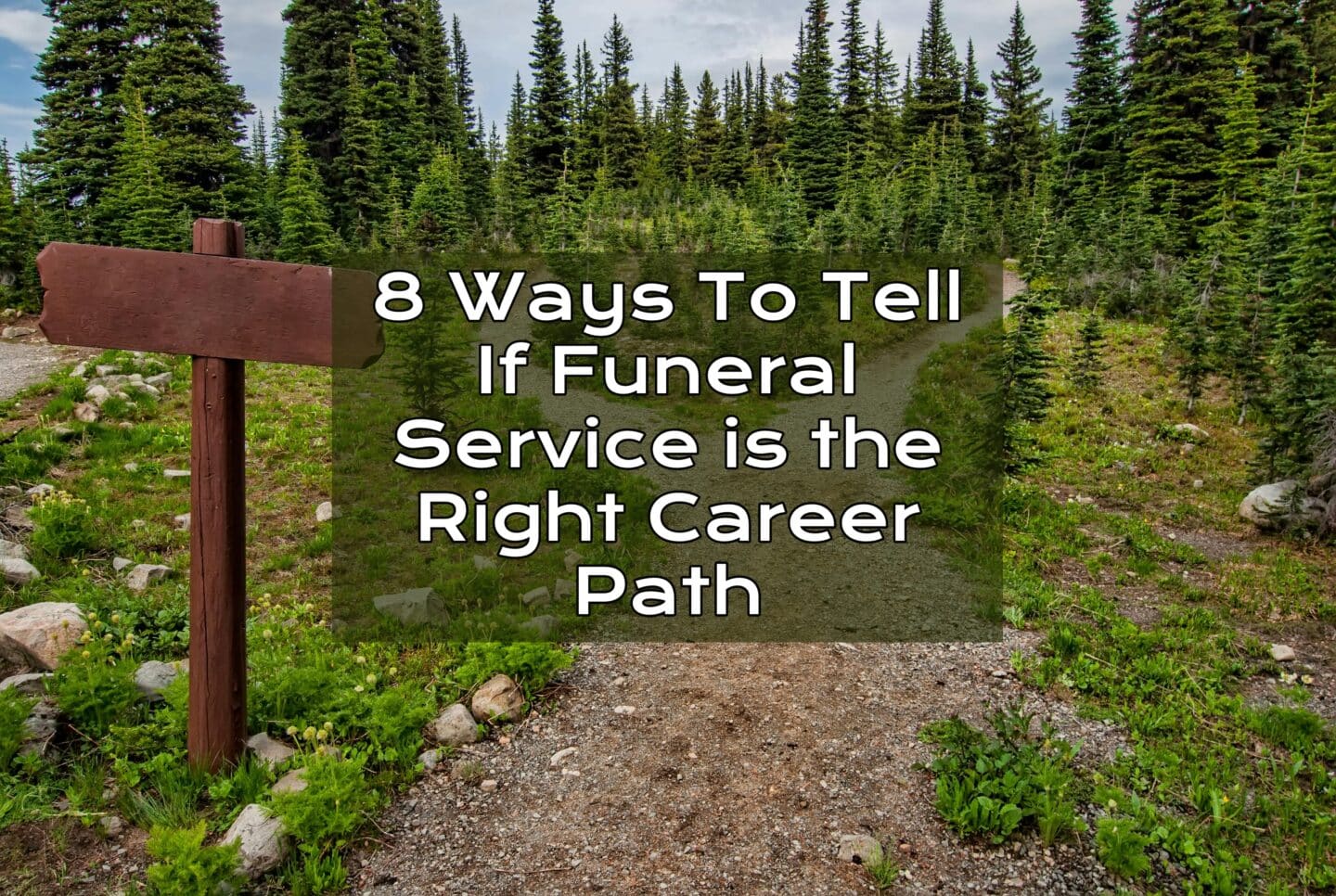
“Two roads diverged in a wood and I – I took the one less traveled by, and that has made all the difference.”-Robert Frost
Whether you have grown up in the world of funerals or have never attended a funeral before in your life, if you found yourself on this page, chances are, you are considering a career in funeral service. As you consider this path forward, you may be questioning if the road less traveled by is in fact, the right road for you. After all, there’s no doubt that working in deathcare is an unconventional path, with few clear markers to guide you. It is not as though many high school seniors list ‘Mortician’ as their desired future occupation. Just the fact that you’re considering this unique journey sets you apart.
If you’re wondering where to begin researching a future career in funeral service, the best place to begin would be on the Funeral Service Foundation website. The foundation has created an interactive quiz to help determine if you possess the important and distinct attributes that are required to be a funeral director. Take some time to answer the quiz questions and explore other resources on the Funeral Service Foundation website for aspiring funeral directors. You may even qualify for an academic or professional development scholarship. The website provides a perfect starting base for searching a career in funeral service.
It’s important to remember that funeral service requires a diverse range of skills, and they don’t always overlap. You might excel in the quiet solitude of the preparation room or discover your passion in the dynamic environment of arrangement planning. However, all funeral service professionals share a common purpose: the commitment to honoring the deceased and offering healing support to the bereaved. Explore our list below to discover the key qualities essential for a successful career in funeral service.

1. You don’t shy away from emotional situations
Think about those times in your life when someone relayed bad news to a room full of people. Was your instinct to run away or were you moved to provide support to those around you? This is such a fundamental question to working in deathcare because no matter what role you fit under, even if you wish to spend the majority of your time in the prep room, there is no avoiding emotional situations while working in the funeral profession.
Facing the raw feelings and extreme reactions that accompany grief requires a great deal of courage that many people simply do not possess. Ask yourself those tough questions: how do you handle the vulnerability of others? Are you prepared to be a pillar of support, even when faced with your own discomfort? It’s in these moments of truth that you must decide whether you are willing to fully embrace the responsibility that comes with serving grieving families. It is no small thing.
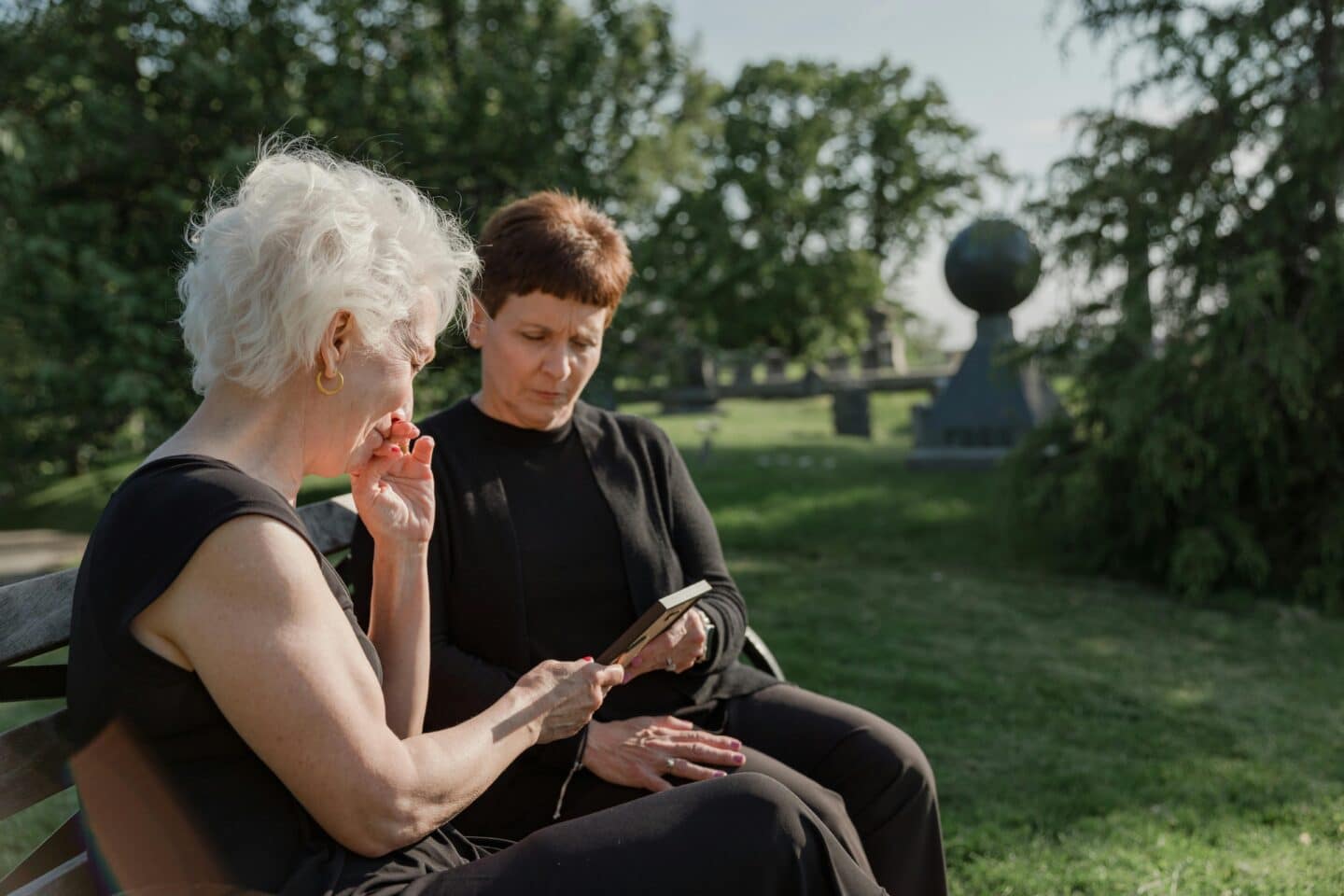
2. You are passionate about the value of memorialization
There are some careers a person could happily do for years without ever having any strong convictions about the work they are doing. Funeral service is not one of them. You have to recognize the value of your work as a deathcare professional. This is not optional. There is no path to a career in the funeral profession without this passion for service. You must truly believe that time-honored funeral traditions are foundational to our society’s DNA and that those tasked with this sacred duty are essential to all of humanity. Without this belief, finding meaning in your work will be futile.
When you are firm in your conviction that funerals matter, that holding space for remembrance after a loss is fundamental to what makes us human, your actions and thoughts will be guided by a deep sense of purpose. You will gain satisfaction from witnessing the catharsis and emotional release funeral rituals offer to those who attend these events. You will approach each service with reverence, knowing that you are not merely performing a job but fulfilling a vital role in honoring life and supporting grieving families. This is not a career path one takes for the paycheck, as funeral directors earn a very modest income especially when compared to other high-paying professions that demand much less. However, if your work is rooted in a deeply rewarding sense of accomplishment, then becoming a funeral director may be one of the most fulfilling paths you could choose.
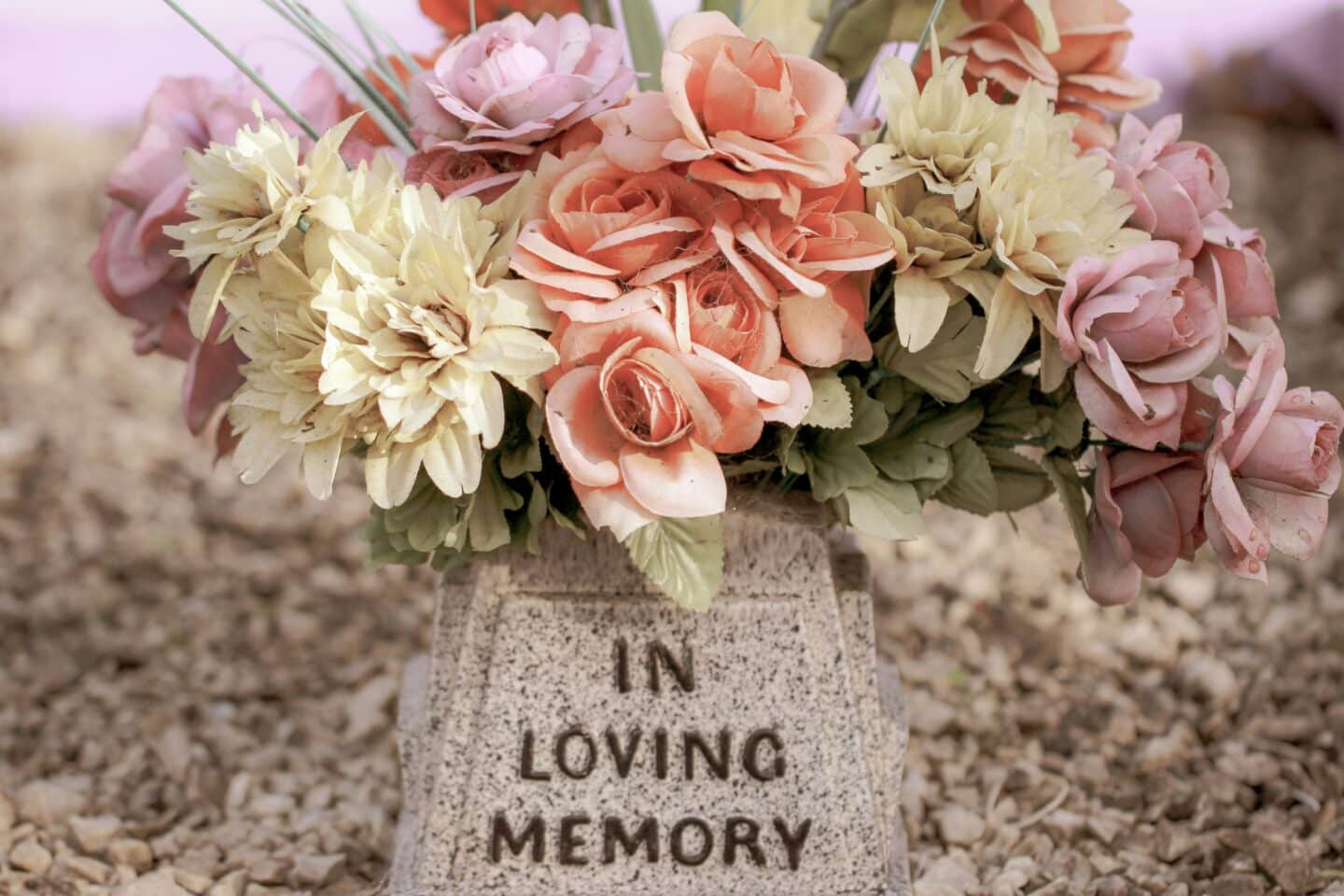
3. You possess a deep sense of empathy and compassion
Taking on the pain and sadness of another human being is not something most people are capable of doing. It takes a remarkable sort of person to willingly walk into the eye of a hurricane and withstand the battering waves of another person’s grief. Funeral professionals give the bereaved something to hold on to in the midst of that dark and unrelenting storm. Empathy and compassionate are not skills one can acquire in mortuary school—they are characteristics of who you are as a person. More likely than not, you would not be even considering a career in funeral service unless you possess these essential qualities. Still, it is important to consider how well you handle sitting with others in their grief. It is one thing to care about people, but it is something else to be capable of imagining yourself in their place.
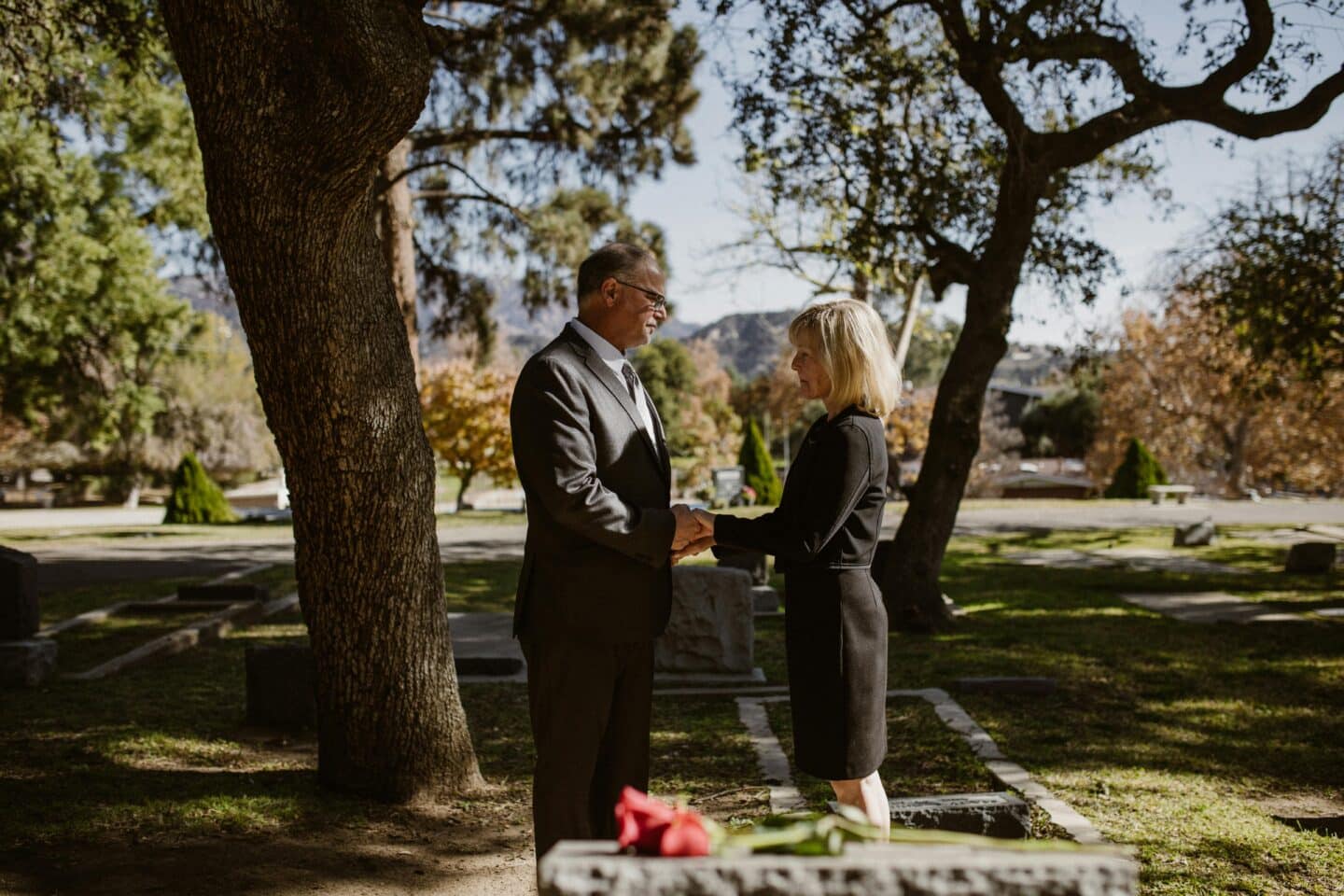
4. You have a strong work ethic
An article released by Erie Insurance recently ranked Funeral Directors as “one of “America’s Most Demanding Jobs.” This is because funeral directors must summon both physical strength and emotional fortitude at all hours of the day. The on-call lifestyle combined with the unpredictability of death are aspects of the job that you must be fully prepared to overcome if you want to make a career in funeral service. Unlike other professions, funeral directors can’t simply clock out at 5p or put an auto-responder on their email to check out for a few days. The constant 24/7 demands of the business require morticians to have a strong work ethic and an enduring commitment to families in their community. Thriving in funeral service requires an unshakable sense of duty and the determination to answer the call, no matter the time or personal sacrifice.

5. You aren’t grossed out easily
Do you remember that day in 7th grade science class when everyone had to dissect a frog? Be honest and ask yourself – were you the kid that raised your hand to volunteer, or the one who faked sick to stay home that day? It’s an important question to consider, even if you imagine yourself more in an arranger role than in the embalming room. Working in deathcare and even while in mortuary school, you will come face to face with things that many would find daunting. It’s not just about the ability to tolerate the physical aspects but also about having the mental strength to overcome the initial discomfort. Whether it’s handling decomposed bodies, dealing with the distinct odors of formaldehyde, or simply processing the reality of death, these challenges are routine in deathcare. It is not a job for everyone, but for those with the right mindset and a strong stomach, it can be deeply rewarding.
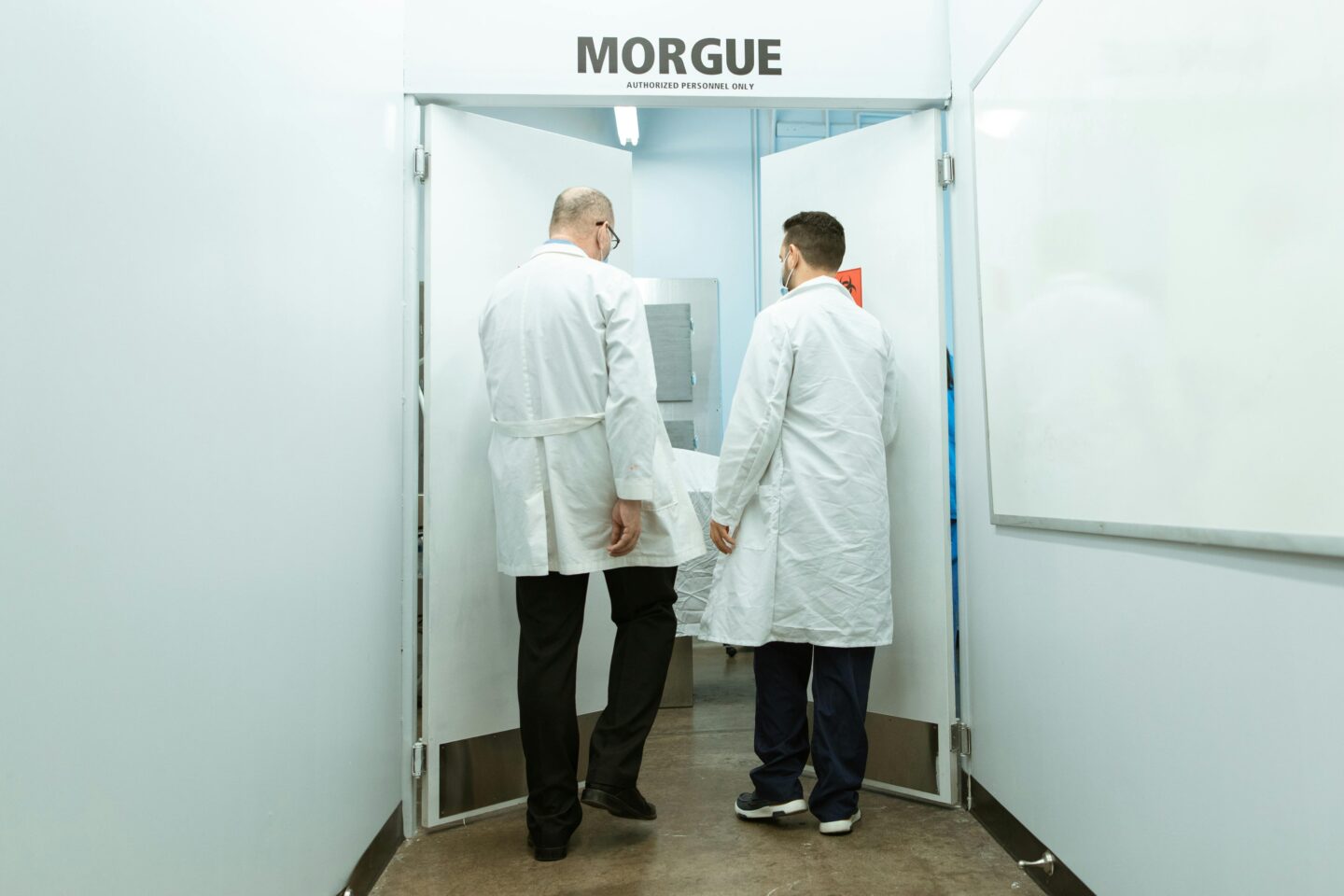
6. You possess strong communication skills
Communication skills are essential for funeral directors, as they interact with grieving families, coordinate with various organizations, and ensure that every detail is handled with care and precision. The ability to listen empathetically and convey information clearly helps funeral directors provide comfort during difficult times while ensuring that all necessary arrangements are understood and fulfilled. Effective communication also plays a crucial role in managing the logistics of services and working with staff members. ASD routinely speaks to mortuary college students about this important aspect of their jobs and how our answering service may play a role in enhancing the funeral home’s communication processes, offering a reliable solution to maintain seamless interactions with families and communities.

7. You have the ability to remain calm and steady in difficult situations
Most people don’t realize the lengths funeral directors go to in order to provide support to families at all times. When a significant loss is felt in the community, others can break down and display their feelings of grief outwardly. However, funeral directors must always be the steady hand in public and will continually put the needs of others ahead of their own. You need to be ready to manage your emotions while staying open to experiencing them fully. To be both calm and collected in the face of sorrow, yet compassionate and empathetic towards those grieving is like walking on an emotional tightrope. You must always be in touch with your feelings without ever letting them overpower your composure.
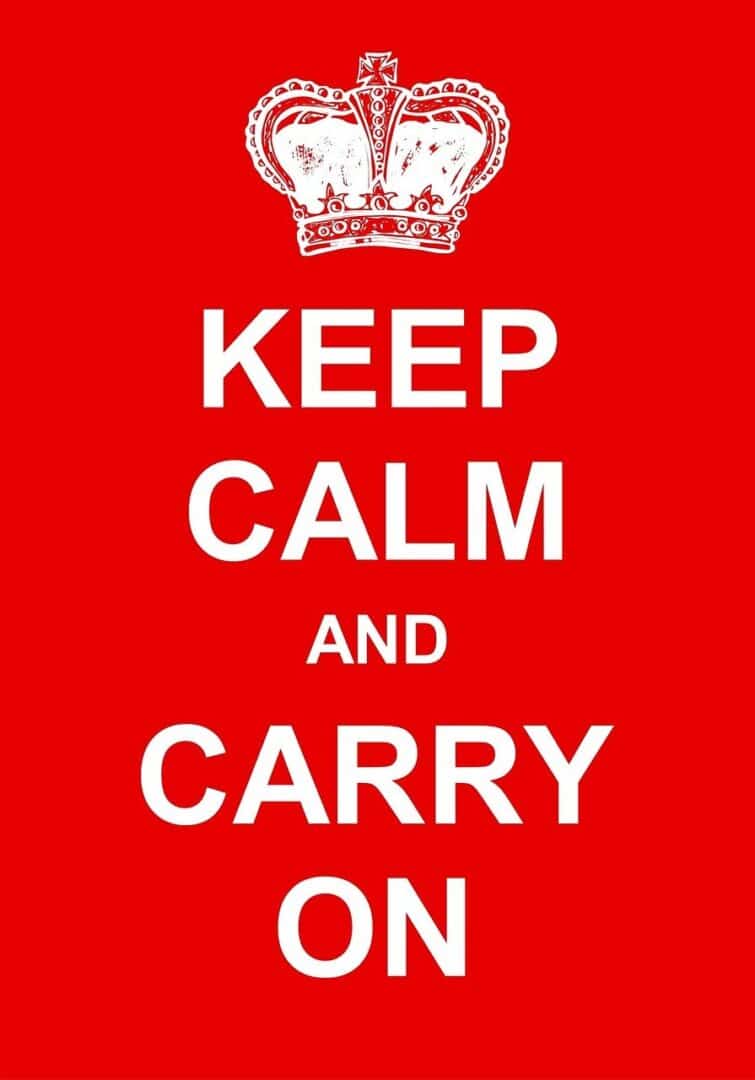
8. You are a creative and imaginative thinker
There is a reason why people liken funeral planning to wedding planning. Both occupations require a person who can think of ideas and personal details that can make an event more meaningful. If you are a detail-oriented person who excels at helping others create profound experiences, you are likely to find these skills will serve you well in funeral service. Funeral directors must be careful listeners capable of thinking creatively. Most people don’t realize how many small details and personal touches directors consider when planning a service with a family. Having the ability to think outside the box while paying close attention to the family’s wishes is an important skill to possess when working in funeral service. This ability will allow you to help families pay tribute to their loved ones in truly inspired ways.

If you’re a regular reader of ASD’s blog, you likely already know that a career in funeral service is the right fit for you. But maybe you know someone who’s still figuring out if it’s the right path for them. Please share this blog post and the Funeral Service Foundation’s quiz with them to help them discover if working in deathcare is the right fit for their future.
Related Reading
Quiz: Is A Career In Funeral Service Right For You?
16 Qualities that Define Funeral Service Professionals
More than Morticians: The Surprising Number of Jobs Funeral Directors Juggle

